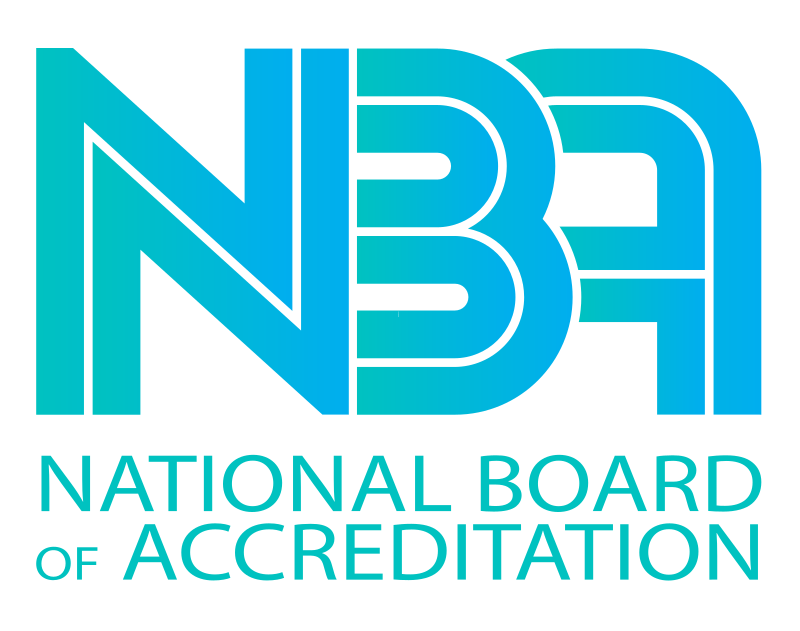Top B.Tech Electronics and Communication Engineering (ECE) College in Kolkata
Established in 2003, the Department of Electronics and Communication Engineering is widely regarded as one of the best B.Tech ECE colleges in Kolkata, offering a comprehensive undergraduate program in Electronics and Communication Engineering. The NBA-accredited B.Tech course is designed to provide students with a strong foundation in both theoretical concepts and practical applications.
The department is a preferred destination for top WBJEE rank holders and students from across India. Its industry-aligned curriculum is regularly updated with inputs from academic experts and professionals, with specialized focus areas such as VLSI & Microelectronics, Communication, and Embedded Systems.
With highly qualified faculty—many holding M.Tech and Ph.D. degrees—the department emphasizes hands-on learning, research, and innovation. Students gain practical exposure through modern labs equipped with cutting-edge tools like MATLAB, COMSOL, Tanner EDA, and FPGA boards.
Recognized as a leading B.Tech Electronics and Communication Engineering college in Kolkata, the department actively engages students in research projects, technical workshops, and interdisciplinary innovations in emerging fields such as robotics and smart sensors.
By blending academic excellence with technical training, the department consistently ranks among the top B.Tech ECE colleges in Kolkata, preparing students to thrive in today’s competitive tech-driven industries.

3 Years

Dr. Avali Banerjee
The Electronics and Communications Department commenced in the year 2003 and now runs one undergraduate, one postgraduate program (M. Tech in ECE), Ph. D. program under JIS University/MAKAUT and also one 3 years diploma program affiliated by WBSCTE. The programs offered by the department are the most sought after branch in Engineering by top WBJEE rank holders and other aspirants from across the country. All the programs are accredited by NAAC the undergraduate program is accredited by National Board of Accreditation (NBA) which is compulsorily outcome based, planned to meet the Industry needs and also Research organization. The program contents are upgraded on annual basis with involvement from industry experts, academia and reputed research institutions.
Experienced faculty members all of whom are engineering postgraduates and most of them with PhDs as well, support three core specializations (VLSI & Microelectronics, Communication, Image processing & Embedded system) in the Department.80% faculty of the department holds doctorate degree.
The curriculum includes a strong self-study component and mini projects at all levels so as to develop the students’ independent analytical abilities. Opportunity for innovation and incubation is provided at this stage to successful projects by the institute for industrial standards. The department offers financial support to its young faculty for cutting edge research and also encourages them to undertake sponsored research from industry and government agencies.
Department provides healthy environment to students and faculties to carry out inter department collaborative research in area like robotics, human computer interface, SMART sensor etc. Software Simulation environment (MATLAB, Ansoft HFSS, ORIGIN Tanner EDA Tools, FPGA, Intellisuite, COMSOL, VISSIM etc.) and state of the art are available.
The department has received 6 UGC-MRPS grant. The principal Investigator of a DST-FIST project grant is from this department. 2 Laboratories of the department has received AICTE- MODROB for modernization of the laboratories. The department frequently organises National/International level conferences like AICTE sponsored ,in technical collaboration with IEEE etc. The department also organised National conference sponsored by SERB , GOI. Normally 3 seminars per semester are organised. Atleast 6 workshops by industry experts are conducted in the department for hands on experience of the students. Atleast 4 industry visits are organised per year.
Having undergone such a robust academic program under the supervision of highest quality faculty members, all passing out students of the department are capable of envisage, planning and developing big projects of commercial and research interests in their respective field of expertise. We have our eminent alumnus all over the world contributing to the advancement of the society. We strive to train and empower our students who will make the world a better place by using power of engineering principles, techniques and systems.
Welcome to our Department!
Eighty nine percent of students say services helps them feel like they belong at GNIT
Graduates of ECE program will be able:
The Program Educational Objectives (PEOs) are established such that the program is preparing graduates to achieve career and professional accomplishments. These objectives are:



